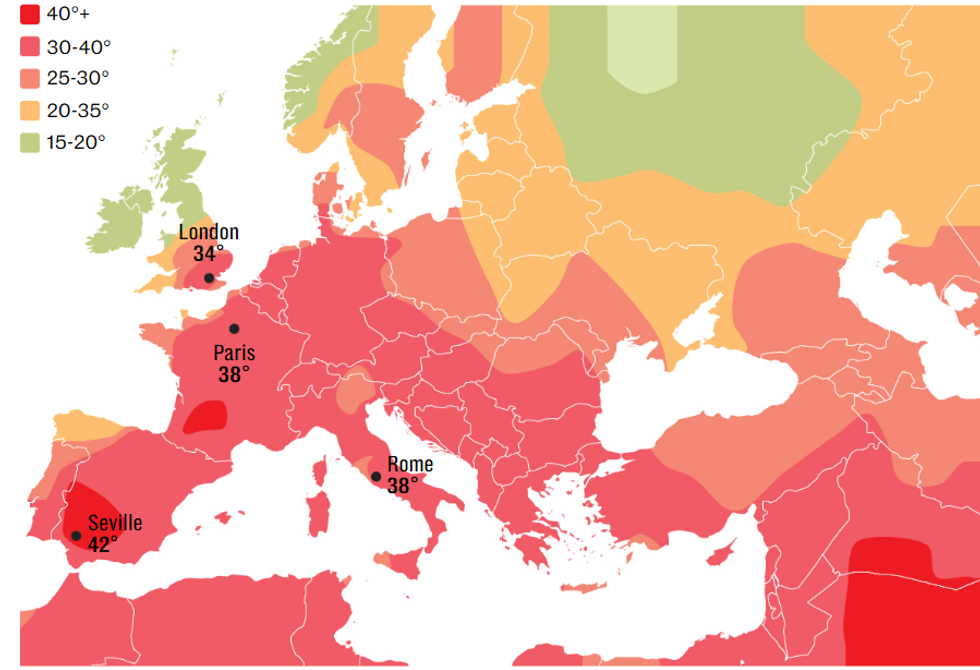Inequality in India has skyrocketed since the early 2000s and the income and wealth share of the top one per cent is among the highest in the world, says a study by the Paris-based World Inequality Lab.
The paper titled 'Income and Wealth Inequality in India, 1922-2023: The Rise of the Billionaire Raj' said between 2014-15 and 2022-23, the rise of top-end inequality has been particularly pronounced in terms of wealth concentration.
In 2022-23, the income of the top one per cent population rose to 22.6 per cent, the highest since 1922, and its wealthshare grew 40.1 per cent, the highest since 1961. "This is among the very highest in the world, higher than even South Africa, Brazil, and the US," the paper said
"A restructuring of the tax code to account for both income and wealth, and broad-based public investments in health, education and nutrition are needed to enable the average Indian, and not just the elites, to meaningfully benefit from the ongoing wave of globalisation," it noted.
As per the paper, besides serving as a tool to fight inequality, a "super tax" of 2 per cent on the net wealth of the 167 wealthiest families in 2022-23 would yield 0.5 per cent of national income in revenues and create valuable fiscal space to facilitate such investments.
The paper pointed out that from 13 per cent in 1922, the top one per cent income share increased significantly to over 20 per cent in the inter-war period.
While they experienced a dramatic fall after that, during the 1940s to fall back to 13 per by the time of India's Independence, the paper said after briefly rising during the 1950s, the top 1 per cent income shares consistently fell over the next two decades and reached 6.1 per cent by 1982.
This was likely the consequence of the broadly socialist policy agenda pursued by the Indian government till the 1980s, it noted.
Since the early-1980s, according to the paper, when the Indian government began initiating a broad range of economic reforms, leading up to the liberalisation in 1991, the decline in top one per cent income shares halted.
Early-1990s onwards, the paper said the top one per cent income shares have consistently increased over the next 30 years to reach an all-time high of 22.6 per cent in 2022.
While the paper's wealth inequality series spans the period 1961-2023, the availability of tax tabulations going back to 1922 when the Income Tax Act was enacted by the British administration, allowed the authors to study the evolution of the top one per cent income share over an entire century.
The paper was authored by Thomas Piketty (Paris School of Economics), Lucas Chancel (Harvard Kennedy School), Anmol Somanchi and Nitin Kumar Bharti (New York University).
The study combines data from national income accounts, wealth aggregates, tax tabulations, rich lists, and surveys on income, consumption, and wealth to arrive at the results. (Agencies)






 June 2025 was England’s warmest June since records began in 1884Met Office
June 2025 was England’s warmest June since records began in 1884Met Office












 Apsana Begum
Apsana Begum